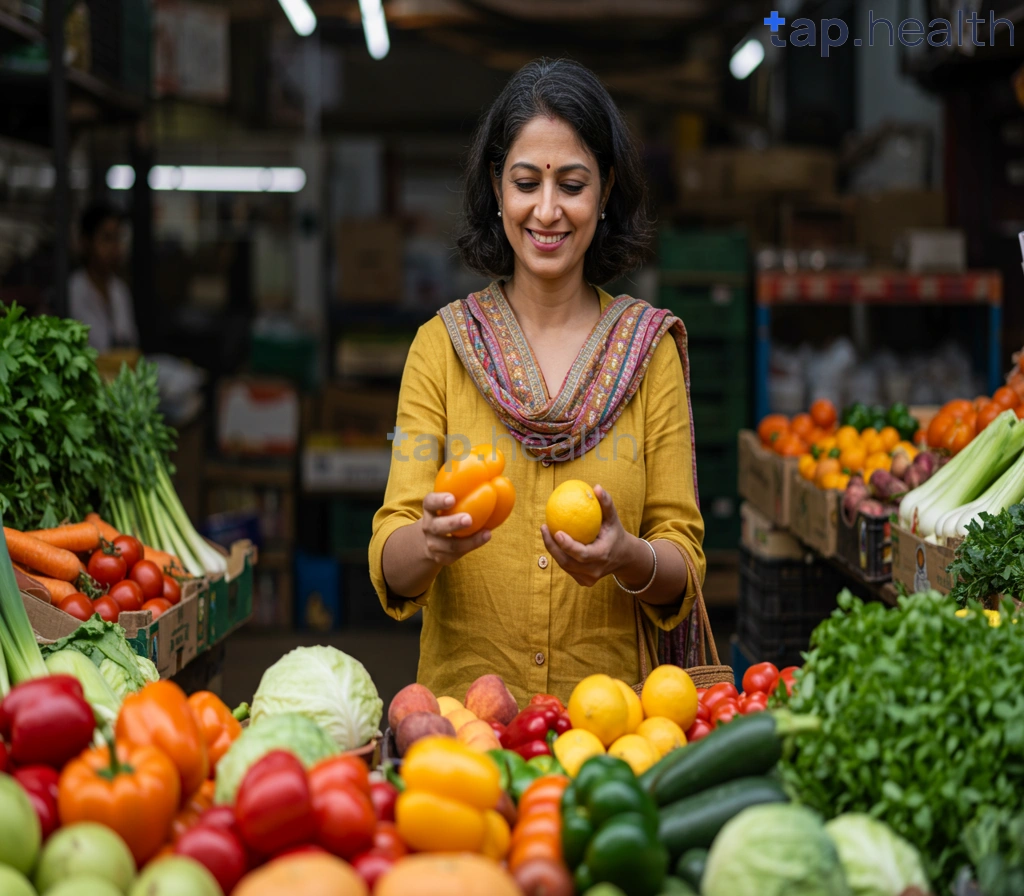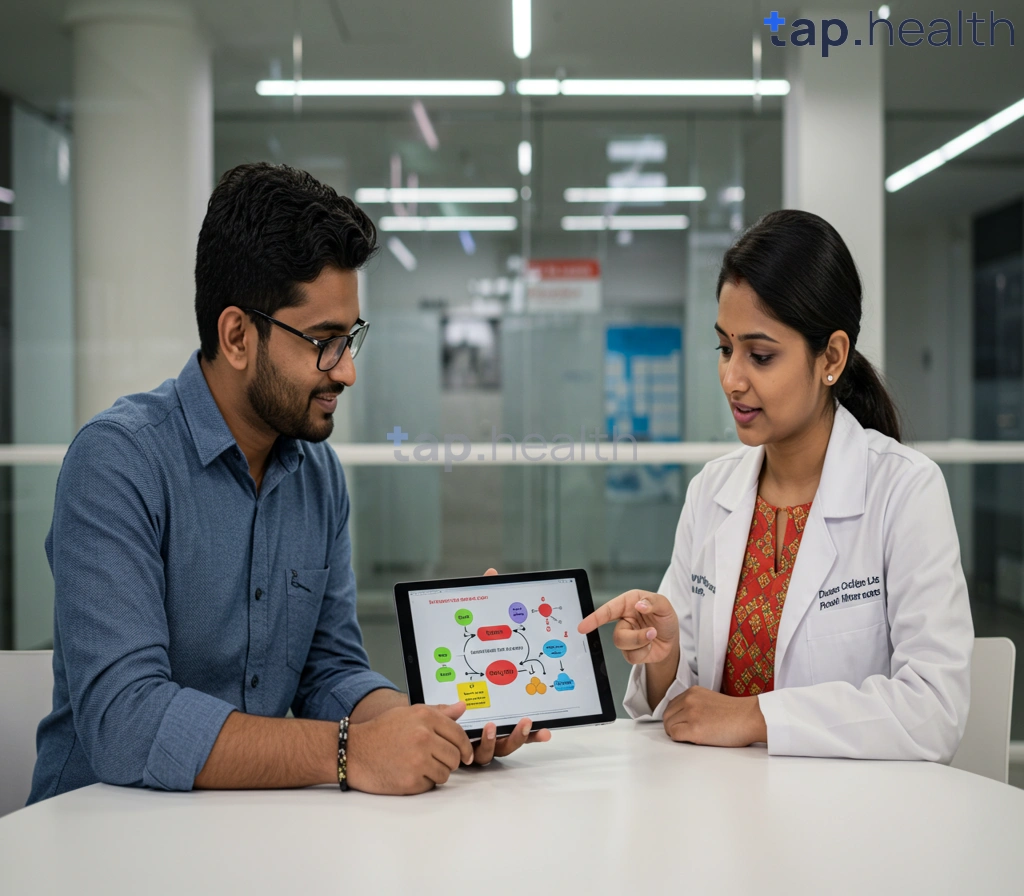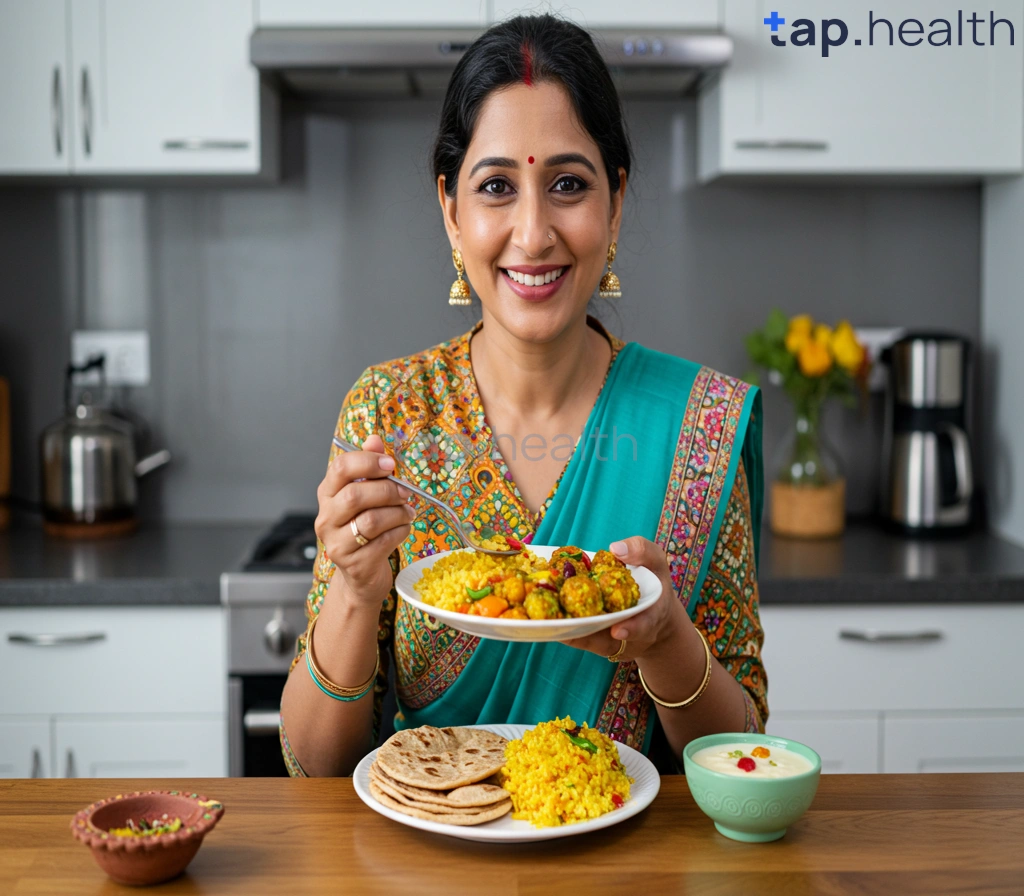Table of Contents
- Hypertension in Diabetic Pregnancy: Risks & Management
- Understanding High Blood Pressure During Pregnancy with Diabetes
- Diabetic Pregnancy: How to Control High Blood Pressure
- High Blood Pressure in Pregnancy: A Guide for Diabetics
- What are the Dangers of High Blood Pressure During Diabetic Pregnancy?
- Frequently Asked Questions
- References
Navigating pregnancy is already a rollercoaster of emotions and physical changes, but adding diabetes to the mix significantly increases the complexity, especially when it comes to managing your health. One of the most critical concerns for women with diabetes during pregnancy is Understanding High Blood Pressure During Diabetes and Pregnancy. This condition, known as gestational hypertension or preeclampsia, can pose serious risks to both mom and baby. In this blog post, we’ll explore the causes, symptoms, and crucial management strategies to help you stay informed and empowered throughout your pregnancy journey. Let’s delve into the essential knowledge you need to navigate this important aspect of your health.
Hypertension in Diabetic Pregnancy: Risks & Management
Understanding the Increased Risk
Pregnancy presents unique challenges for women with diabetes, significantly increasing the risk of developing hypertension (high blood pressure). This is particularly relevant in India and other tropical countries where a concerning statistic reveals that over 60% of people with diabetes also experience hypertension. The combination of diabetes and hypertension during pregnancy, often referred to as superimposed pre-eclampsia, can lead to severe complications for both mother and child. These complications may include premature birth, low birth weight, and even increased risk of mortality.
Managing Hypertension During Diabetic Pregnancy
Effective management is crucial. This involves close monitoring of blood pressure and blood sugar levels throughout the pregnancy. Lifestyle modifications, such as a balanced diet rich in fruits and vegetables, regular moderate exercise (as advised by your doctor), and stress management techniques, are essential components of a comprehensive management plan. Medication, including antihypertensive drugs and insulin, may be necessary depending on the severity of the condition. Regular consultations with a healthcare professional specializing in high-risk pregnancies and diabetes are absolutely vital.
Seeking Expert Care in India and Tropical Regions
In India and other tropical regions, access to quality prenatal care can be a challenge. It is crucial for women with diabetes planning a pregnancy to seek out specialized care early on. Finding a doctor experienced in managing diabetes and hypertension during pregnancy is paramount to ensuring a healthy pregnancy and a safe delivery. Early detection and proactive management are key to mitigating the risks associated with hypertension in diabetic pregnancy. Don’t hesitate to seek advice and support from your healthcare provider. For more information on managing hypertension during pregnancy in general, see our article on Pregnancy Hypertension: Causes, Risks, and Safe Management – Tap Health. Understanding the broader context of hypertension and pregnancy can be beneficial, as outlined in Hypertension and Pregnancy: What You Need to Know.
Understanding High Blood Pressure During Pregnancy with Diabetes
Pregnancy presents unique challenges, especially for women with pre-existing conditions like diabetes. One significant concern is the increased risk of developing gestational hypertension or worsening existing hypertension (high blood pressure). This is a serious complication that can affect both the mother and the baby. Women with diabetes already face a 40% higher risk of heart disease compared to men with diabetes, highlighting the importance of proactive management during pregnancy. This elevated risk underscores the need for vigilant monitoring and careful management of blood pressure throughout the gestational period.
Managing High Blood Pressure During Pregnancy with Diabetes
Managing high blood pressure during pregnancy with diabetes requires a multi-pronged approach. Regular monitoring of blood pressure and blood glucose levels is crucial. This often involves frequent visits to a healthcare provider for check-ups and potentially specialized testing. Dietary modifications, including a balanced diet rich in fruits, vegetables, and lean protein, are vital. Limiting sodium intake is also recommended. Regular exercise, as advised by your doctor, can also contribute to better blood pressure control. Importantly, adhering strictly to the prescribed medication regimen is paramount. While medication is crucial, exploring Natural Remedies to Manage High Blood Pressure in Pregnancy Safely in conjunction with medical advice can be beneficial.
Seeking Expert Care in India and Tropical Countries
In India and other tropical countries, access to quality healthcare can vary. It’s crucial to seek regular prenatal care from a qualified obstetrician or healthcare professional experienced in managing high-risk pregnancies, especially those involving diabetes. Early detection and management of high blood pressure are key to minimizing potential complications for both mother and child. Don’t hesitate to ask questions and express concerns; your healthcare provider is your best resource for navigating this complex condition. Open communication and proactive management are essential for a healthy pregnancy outcome. The risk of developing diabetes after pregnancy is also a concern, so it’s important to understand the potential long-term effects; learn more by reading Can You Develop Diabetes After Pregnancy?
Diabetic Pregnancy: How to Control High Blood Pressure
Managing high blood pressure during pregnancy with diabetes is crucial for both mother and baby’s health. For women with diabetes, maintaining blood pressure below the target range is even more critical. While some guidelines suggest aiming for below 130/80 mmHg, a general target is usually below 140/90 mmHg. This is especially important in high-risk pregnancies common in Indian and tropical countries, where factors like malnutrition and pre-existing health conditions can exacerbate hypertension.
Lifestyle Changes for Blood Pressure Control
Dietary adjustments are key. Focus on a diet rich in fruits, vegetables, and whole grains, while limiting processed foods, saturated fats, and sodium. Regular physical activity, even moderate exercise like walking for 30 minutes most days, can significantly help. Stress management techniques like yoga and meditation are also beneficial, especially considering the added pressures of pregnancy. In India and other tropical regions, incorporating traditional practices like Ayurvedic techniques for stress reduction can be particularly helpful. Making smart food choices is also crucial for managing cholesterol, and you can learn more about that in our article on How to Manage Cholesterol Levels with Diabetes?
Medical Management and Regular Checkups
Regular monitoring of blood pressure is essential. Your doctor will likely prescribe medication if lifestyle changes alone are insufficient to control your blood pressure. Prenatal care is paramount, including regular blood glucose and blood pressure checks. Promptly reporting any significant changes to your healthcare provider is vital. Remember, open communication with your doctor is crucial for managing hypertension throughout your pregnancy. Early detection and intervention are key to preventing complications.
Seeking Support in Your Community
In many Indian and tropical communities, strong family and community support networks exist. Lean on your loved ones for help with managing your health and daily tasks during pregnancy. Connecting with other women with diabetes in your area can also provide valuable emotional and practical support. Don’t hesitate to seek guidance from local healthcare professionals experienced in managing diabetic pregnancies in your specific region. Your health, and the health of your baby, are paramount. For specific dietary recommendations to help lower your blood pressure, check out our blog on Top Foods That Help Reduce Hypertension During Pregnancy.
High Blood Pressure in Pregnancy: A Guide for Diabetics
Pregnant women with diabetes face a heightened risk of developing gestational hypertension or pre-eclampsia, conditions characterized by dangerously high blood pressure. This is a significant concern, especially in Indian and tropical countries where diabetes prevalence is already high. Studies show that HbA1c levels above 9% are reported in over 30% of diabetes patients, placing them at even greater risk. Managing blood pressure effectively during pregnancy is crucial for both mother and baby’s well-being.
Understanding the Risks
The combination of diabetes and pregnancy puts immense strain on the body, increasing the likelihood of complications like high blood pressure. Poorly controlled blood sugar levels can damage blood vessels, further contributing to hypertension. In tropical climates, factors like dehydration and heat can exacerbate the problem. Regular monitoring of blood pressure and blood sugar levels is paramount throughout the gestational period.
Managing High Blood Pressure During Pregnancy with Diabetes
Strict adherence to a prescribed diabetic diet is essential. This typically involves controlling carbohydrate intake and focusing on nutritious, low-glycemic index foods. For more guidance on creating a healthy eating plan, you might find our guide on Diet Plans for Pregnant Women: A Simple, Healthy Guide helpful. Regular exercise, as advised by your doctor, helps manage weight and improves insulin sensitivity. Consistent medication, as prescribed by your physician, is critical in managing both diabetes and high blood pressure. It is vital to communicate openly with your healthcare provider about any concerns or symptoms you experience.
Seeking Regional Support
In India and other tropical regions, access to quality prenatal care varies. Seek regular checkups with a healthcare professional experienced in managing diabetes and pregnancy-related hypertension. Don’t hesitate to seek advice and support from local diabetes organizations and support groups, where you can connect with other women facing similar challenges and gain valuable insights. Early detection and proactive management are key to minimizing risks and ensuring a healthy pregnancy. Understanding your blood sugar levels is crucial, and if you’re concerned about high readings, you may find our article on Is 250 Blood Sugar Level Normal After Eating During Pregnancy? informative.
What are the Dangers of High Blood Pressure During Diabetic Pregnancy?
High blood pressure (hypertension) during pregnancy, especially when combined with diabetes, poses significant risks for both mother and child. This is a serious concern, particularly in Indian and tropical countries where pre-existing health conditions and access to healthcare can be challenging. The dangers are amplified because gestational diabetes, a form of diabetes that develops during pregnancy, increases the likelihood of complications.
Risks for the Mother
Hypertension in diabetic pregnancies elevates the risk of pre-eclampsia, a dangerous condition characterized by high blood pressure and protein in the urine. It can lead to seizures (eclampsia), organ damage, and even maternal death. Furthermore, managing both diabetes and hypertension requires meticulous monitoring and careful medication management, adding stress to an already demanding period. Existing heart conditions are further stressed, increasing the risk of cardiovascular complications. Understanding how diabetes affects the body overall is crucial, and learning more about How Does Diabetes Affect Fertility? Insights and Tips can provide valuable context.
Risks for the Baby
The consequences for the baby are equally concerning. High blood pressure can restrict blood flow to the placenta, leading to fetal growth restriction (small for gestational age) and premature birth. Children born to mothers with gestational diabetes are 7x more likely to develop Type 2 diabetes later in life, emphasizing the long-term health implications. These babies may also face increased risks of respiratory problems and other birth defects. Managing blood sugar levels is vital, and it’s important to understand what’s considered normal; for example, you might want to check out Is a 300 Blood Sugar Level Normal After Eating During Pregnancy?
Seeking Help in India and Tropical Countries
Regular prenatal checkups are crucial, especially for women with diabetes in India and tropical countries. Early detection and management of hypertension are vital to minimize risks. Consult your doctor or midwife immediately if you experience symptoms such as headaches, dizziness, or swelling in your hands and feet. Access to quality healthcare and consistent monitoring are key to a safe and healthy pregnancy outcome for both mother and child. Don’t hesitate to seek professional advice—your health and the well-being of your baby are paramount.
Frequently Asked Questions on High Blood Pressure in Diabetes & Pregnancy
Q1. How does diabetes affect my risk of high blood pressure during pregnancy?
Diabetes significantly increases your risk of high blood pressure during pregnancy, especially in tropical regions. This combination can lead to serious complications.
Q2. What are the potential complications of high blood pressure and diabetes during pregnancy?
Potential complications include premature birth and low birth weight for the baby, as well as other serious health problems for both mother and child.
Q3. How is high blood pressure managed during pregnancy when I also have diabetes?
Management involves close monitoring of blood pressure and blood sugar levels, lifestyle changes (diet, exercise, stress management), and possibly medication (antihypertensive drugs and insulin).
Q4. How important are regular checkups with my doctor during pregnancy with diabetes?
Regular consultations with healthcare professionals specializing in high-risk pregnancies and diabetes are crucial for early detection and proactive management to mitigate risks.
Q5. When should I start seeking specialized prenatal care if I have diabetes and am planning a pregnancy?
It’s recommended to seek specialized prenatal care early in your pregnancy planning to ensure the best possible outcomes.
References
- A Practical Guide to Integrated Type 2 Diabetes Care: https://www.hse.ie/eng/services/list/2/primarycare/east-coast-diabetes-service/management-of-type-2-diabetes/diabetes-and-pregnancy/icgp-guide-to-integrated-type-2.pdf
- Diabetes Mellitus: Understanding the Disease, Its Diagnosis, and Management Strategies in Present Scenario: https://www.ajol.info/index.php/ajbr/article/view/283152/266731




